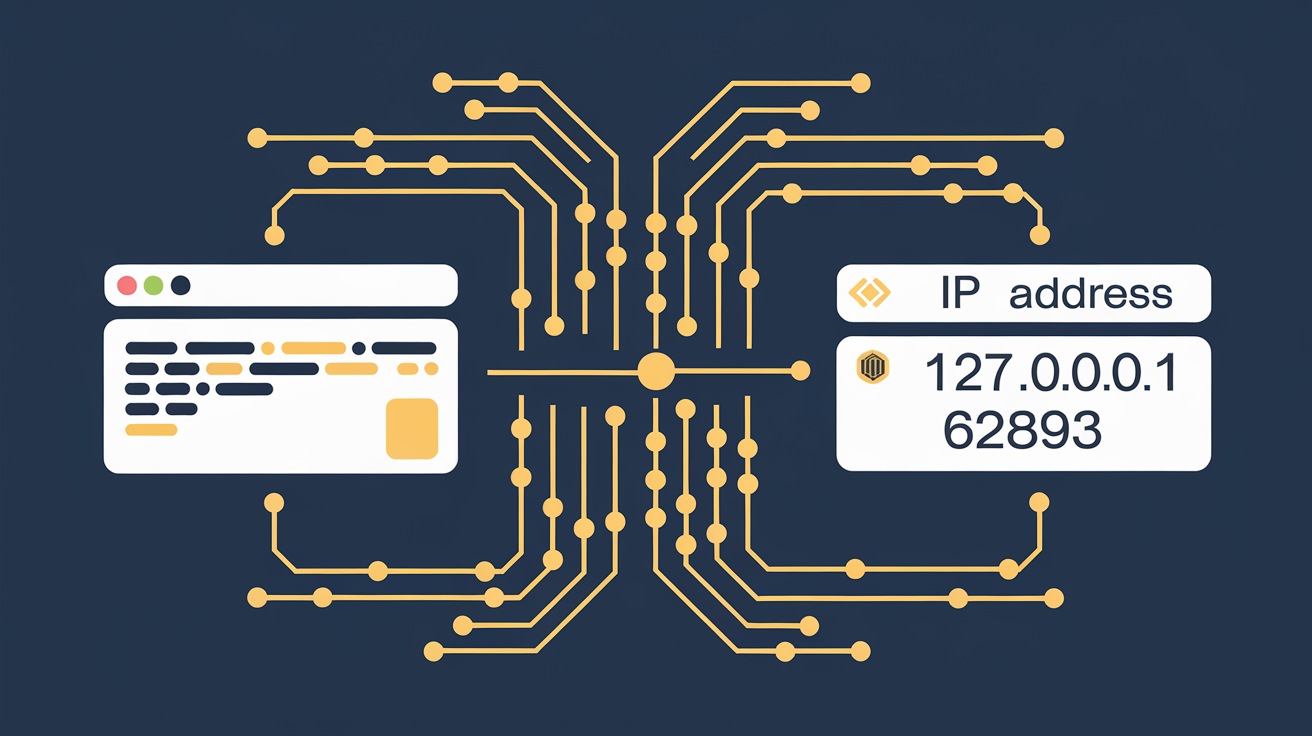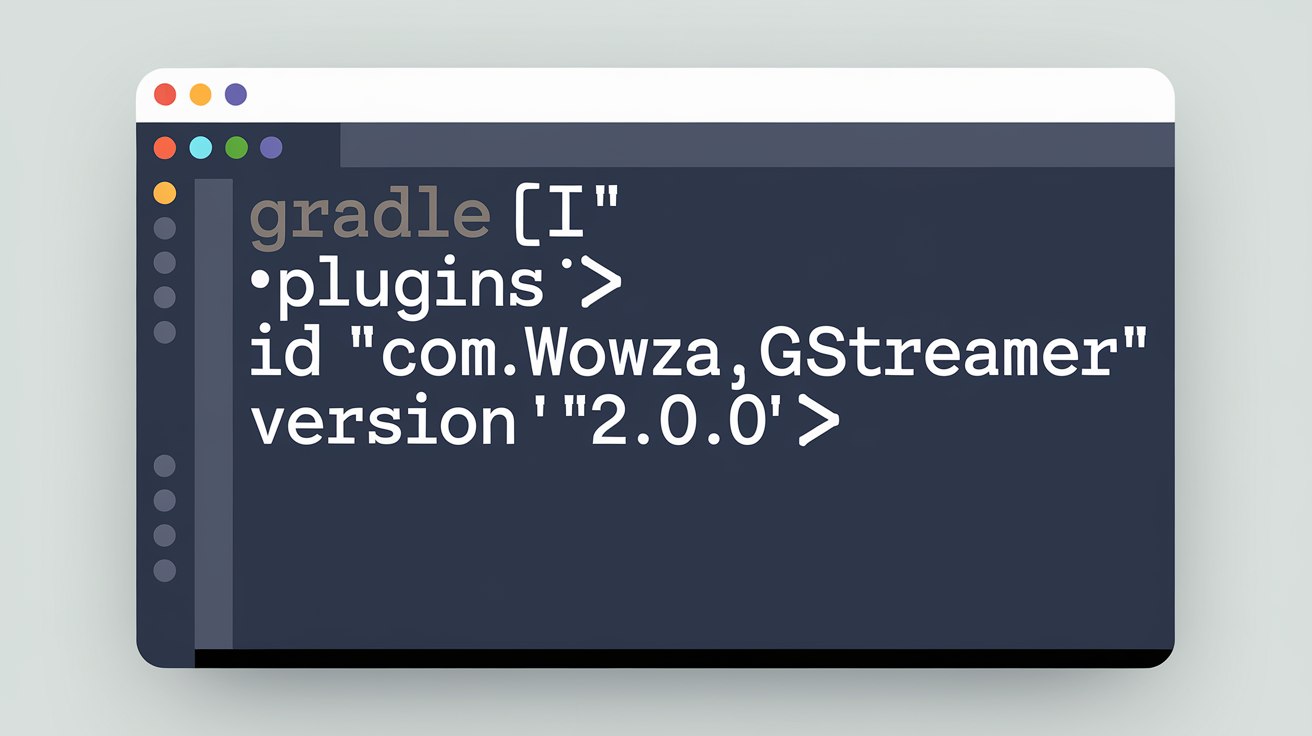127.0.0.1:62893: Exploring Localhost and Port Connections

In the world of networking and development, IP addresses like 127.0.0.1:62893 hold a special place. Often referred to as the “localhost,” this IP address is foundational for developers, engineers, and tech enthusiasts alike. With its associated port, 62893, it enables local communication between applications, testing environments, and debugging tools. Understanding how this works is key to unlocking its potential.
What is 127.0.0.1:62893?
At its core, 127.0.0.1 is the loopback address, a reserved IP that refers to the local machine or “localhost.” The addition of the port number 62893 designates a specific channel through which applications communicate. Together, this combination enables data transfer and testing without external network involvement.
Why is 127.0.0.1 Important?
127.0.0.1 serves as a cornerstone in networking by allowing internal communication on a single device. It’s particularly significant for developers who need to test applications in a controlled environment. By pairing it with a port like 62893, users can simulate real-world network behavior locally.
Understanding the Role of Port 62893
Ports are integral to networking, acting as communication endpoints. Port 62893, in this context, is one of many that can be assigned to different processes or applications. Its role with 127.0.0.1 ensures that specific data flows between programs on the same machine.
How 127.0.0.1:62893 Works
When you type 127.0.0.1:62893 into a browser or connect an application, the system interprets this as a request to communicate with the local server via port 62893. This process bypasses external networks, providing a secure and fast method for internal data transfer.
Applications of 127.0.0.1:62893
The versatility of 127.0.0.1:62893 makes it invaluable across various scenarios:
- Web Development: Developers use it to test local servers during application creation.
- Debugging: It allows isolation of issues without external network interference.
- Application Testing: New software can be evaluated in a controlled environment.
- Learning Environments: Students and hobbyists experiment with networking concepts.
Setting Up 127.0.0.1:62893 for Local Testing
To utilize 127.0.0.1:62893, the following steps can be taken:
- Install a Local Server: Tools like XAMPP or WAMP enable server emulation.
- Assign Port 62893: Configure applications to use this specific port.
- Access via Browser: Enter the address in a browser to test connections.
Benefits of Using 127.0.0.1:62893
The primary advantage is the secure and isolated environment it provides. Additionally, its reliability ensures consistent performance for development tasks. Moreover, it eliminates reliance on external networks, which can introduce latency or security concerns.
Common Issues and Troubleshooting
While 127.0.0.1:62893 is straightforward, issues may arise:
- Port Conflicts: Multiple applications may attempt to use the same port.
- Firewall Restrictions: Security settings might block local connections.
- Configuration Errors: Incorrect setup can lead to connection failures.
Solutions include checking application settings, ensuring port availability, and adjusting firewall rules.
The Security Aspect of 127.0.0.1:62893
Since 127.0.0.1 operates entirely within the local machine, it inherently provides a secure environment. However, ensuring that ports like 62893 are not inadvertently exposed to external networks is essential for maintaining safety.
Advanced Uses of 127.0.0.1:62893
For experienced developers and network engineers, 127.0.0.1:62893 offers advanced possibilities:
- Simulating Multi-Application Interactions: Test interactions between multiple local apps.
- Custom Server Configurations: Tailor setups for specialized needs.
- Network Emulation: Mimic external network conditions locally.
The Historical Context of 127.0.0.1
The loopback address concept dates back to early networking standards. Designed to facilitate internal communication, 127.0.0.1 has become a universal standard, symbolizing the importance of self-contained systems in modern computing.
How Port Numbers are Assigned
Ports like 62893 are dynamically assigned or manually configured based on application requirements. The range of available ports allows numerous processes to coexist without interference, contributing to efficient resource utilization.
Why Developers Rely on Localhost
Localhost is trusted for its simplicity, reliability, and efficiency. By using 127.0.0.1:62893, developers gain access to a toolset that accelerates application development, fosters innovation, and minimizes risk during testing phases.
Comparing 127.0.0.1:62893 to Other IP Configurations
Unlike public IP addresses, 127.0.0.1 is strictly local and does not interface with external networks. This distinction makes it ideal for testing and internal use. Ports like 62893 add specificity, enabling diverse applications to function simultaneously.
Popular Tools Leveraging 127.0.0.1
Many software solutions integrate seamlessly with 127.0.0.1. These include:
- Web Frameworks: Tools like Django and Flask use it for local server setups.
- Database Systems: MySQL and PostgreSQL rely on localhost for configuration.
- Debugging Tools: IDEs often interface with localhost for real-time testing.
How to Avoid Port Conflicts
To prevent conflicts with ports like 62893, consider these tips:
- Monitor Usage: Regularly check which ports are active.
- Assign Unique Ports: Use port numbers outside common ranges for custom applications.
- Document Configurations: Maintain clear records of assigned ports.
Future Trends in Localhost Usage
As technology advances, localhost’s role continues to evolve. Tools like 127.0.0.1:62893 remain foundational, while innovations in virtualization and containerization expand their applications.
Educational Insights on 127.0.0.1:62893
For learners, 127.0.0.1:62893 offers a hands-on introduction to networking concepts. By experimenting with local servers, students gain practical experience that builds confidence and deepens understanding.
Exploring Alternatives to Localhost
While 127.0.0.1 is a default choice, alternatives like 0.0.0.0 or specific public IPs offer different functionalities. Understanding when to use these options broadens a developer’s toolkit.
Conclusion: The Power of 127.0.0.1:62893
From testing environments to advanced network setups, 127.0.0.1:62893 is an indispensable tool in modern computing. Its versatility, reliability, and security make it a go-to solution for developers, engineers, and tech enthusiasts. Whether for local experimentation or professional development, its value cannot be overstated.
FAQs
What is 127.0.0.1:62893?
It is the localhost IP combined with port 62893, used for local communication and testing.
How is 127.0.0.1 different from other IP addresses?
127.0.0.1 is reserved for internal use and does not connect to external networks.
Why use port 62893?
Ports like 62893 enable specific channels for communication between applications.
What are common issues with 127.0.0.1:62893?
Port conflicts, firewall restrictions, and configuration errors are common challenges.
How can port conflicts be avoided?
Monitor port usage, assign unique ports, and document configurations to prevent issues.
Is 127.0.0.1 secure?
Yes, as it operates solely within the local machine, offering a secure environment.
What tools support 127.0.0.1?
Web frameworks, database systems, and debugging tools widely support localhost usage.






